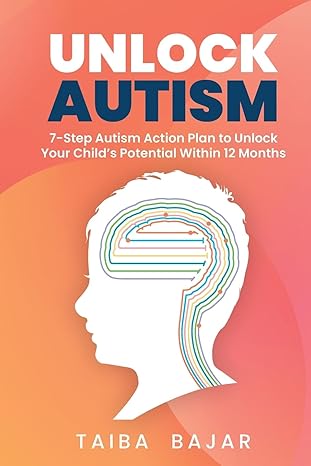Every parent dreams of seeing their child flourish, both personally and academically. However, the learning journey can sometimes be fraught with obstacles. Recognizing and addressing learning difficulties is crucial for your child’s well-being and future success. This article offers a comprehensive guide to understanding these challenges and implementing effective strategies to overcome them.
Identifying Warning Signs: The Crucial First Step
Before you can help your child, it’s essential to recognize the signs that may indicate a learning difficulty. These signs can vary depending on age and the type of difficulty, but some are recurrent:
- Significant delay compared to other children of the same age in acquiring basic skills such as reading, writing, or arithmetic.
- Difficulty following instructions, concentrating in class, or organizing schoolwork.
- Frequent frustration with homework, avoidance of school tasks, or strong emotional reactions related to school.
- Sudden drop in academic performance for no apparent reason.
- Difficulty memorizing new information or recalling it.
- Problems with fine motor skills (writing, drawing) or gross motor skills (sports).
- Difficulties with reading aloud, spelling, or text comprehension.
If you observe several of these signs, it’s important not to ignore them and to seek to understand the underlying cause.
Understanding the Nature of Learning Difficulties
Learning difficulties can have various origins. It’s crucial to distinguish specific learning disorders (SLDs), such as dyslexia, dysgraphia, dyscalculia, dyspraxia, or ADHD (Attention Deficit Hyperactivity Disorder), from temporary difficulties related to a lack of motivation, a disruptive family environment, or an unsuitable teaching method.
A professional diagnosis by specialists (doctor, school psychologist, speech therapist, neuropsychologist) is often necessary to precisely identify the nature of the difficulty and implement personalized support.

Effective Strategies to Help Your Child
Once the difficulties are identified, several strategies can be implemented to help your child progress:
Create a supportive environment at home:
- Establish a clear and predictable routine for homework, meals, and sleep.
- Set up a quiet and organized workspace, away from distractions.
- Encourage reading and writing through fun activities adapted to their level.
- Value their efforts and progress, even the smallest ones.
- Maintain open and positive communication with your child so they feel confident in expressing their difficulties.
Collaborate closely with the school:
- Meet regularly with teachers to understand the difficulties encountered in class and discuss strategies to implement jointly.
- Participate in follow-up meetings and any proposed educational adjustments (IEP, support plans).
- Support school initiatives aimed at helping students with difficulties.
Consider professional support:
- Speech therapy: for written and oral language disorders.
- Occupational therapy: for coordination and motor skill disorders.
- Neuropsychology: to assess cognitive functions and propose remediation strategies.
- Adapted tutoring: to reinforce learning and fill gaps.
- Family or individual therapy: to manage the emotional aspects related to learning difficulties.
Adapt learning methods:
- Prioritize multisensory approaches (visual, auditory, kinesthetic) to facilitate memorization.
- Break down complex tasks into smaller, achievable steps.
- Use assistive tools such as charts, mind maps, educational software.
- Encourage the use of compensatory strategies to bypass difficulties (e.g., using a spell checker).
Build self-confidence:
- Highlight your child’s strengths and talents in other areas.
- Celebrate their successes, no matter how small.
- Encourage them to persevere in the face of obstacles and to see mistakes as learning opportunities.
- Teach them to self-assess and to be aware of their progress.
The Essential Role of Parents
As a parent, your role is fundamental. Your unconditional support, patience, and commitment are key factors in your child’s success. Believe in their potential, even when they are going through difficult times. By working collaboratively with professionals and implementing adapted strategies, you can help them overcome their learning difficulties and thrive fully.
Conclusion: A Journey Filled with Hope
Helping your child overcome learning difficulties takes time, patience, and perseverance. However, by understanding the nature of their challenges, implementing adapted strategies, and offering them constant support, you give them the keys to unlock their potential and build a fulfilling academic and personal future. Never forget that every child is unique and learns at their own pace.












No Comment! Be the first one.